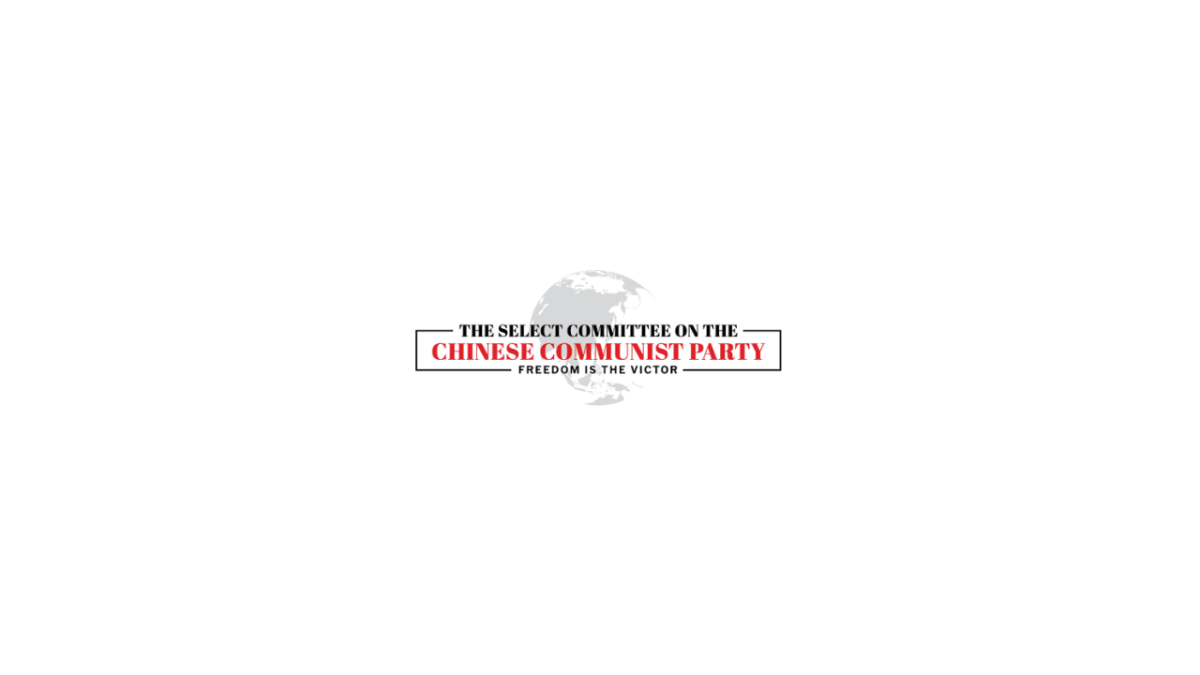Moolenaar Warns Against Undermining U.S. AI Advantage in Nvidia-China Review, Calls on Commerce to Maintain Strong Guardrails Amid National Security Concerns

WASHINGTON, D.C. – Chairman John Moolenaar (R-MI) of the House Select Committee on China today raised objections to the resumption of H20 equivalent graphics processing units (GPU) sales to China in a letter to Commerce Secretary Howard Lutnick. He also requested a briefing on how the Department will handle potential export license applications for Nvidia’s H20 GPUs—an advanced AI processor previously banned from sale to China.
Designed specifically for the Chinese market, the H20 GPU significantly outperforms anything currently mass-produced by Chinese firms—especially in high-bandwidth memory, which is critical for AI inference. According to the Select Committee’s April 2025 DeepSeek report, these chips were instrumental in enabling the PRC’s flagship reasoning model, R1.
The April 2025 ban on H20 exports closely followed the release of the Committee’s report, which detailed how the chip had enabled the development of advanced AI models by PRC firms like DeepSeek. Moolenaar’s letter raises concern that the recent reversal may advance the PLA’s AI capability and assist Chinese AI companies in capturing global AI model market share.
“The Commerce Department made the right call in banning the H20. Now it must hold the line,” Moolenaar wrote. “We can’t let the CCP use American chips to train AI models that will power its military, censor its people, and undercut American innovation.”
The letter underscores evidence that PRC tech giants like Tencent have used H20s to train massive AI systems on computing clusters that qualify as “supercomputers” under U.S. law—raising concerns about possible violations of the Supercomputer End Use Rule. Moolenaar also pushes back on arguments comparing the H20 to top-tier U.S. chips, warning that such comparisons miss the strategic threat.
“The relevant comparison is not between the H20 and other chips available in the U.S. market, but between the H20 and chips domestically available at a relevant scale in the Chinese market,” the letter states. “The H20, which is a cost-effective and powerful AI inference chip, far surpasses China’s indigenous capability and would therefore provide a substantial increase to China’s AI development.”
To close gaps in current policy, the letter recommends that Commerce adopt a “floating technical benchmark” pegged just above China’s existing chip capability—ensuring controls evolve as Beijing advances. This approach would preserve the advantages of engaging with the Chinese market—such as curbing the market share of Chinese firms—while avoiding significant contributions to China’s progress in advanced AI.
“If the U.S. is serious about leading in AI, we need to protect our advantage—not hand it over,” Moolenaar added. “The world must adopt American AI—not Chinese models trained with American technology.”
###